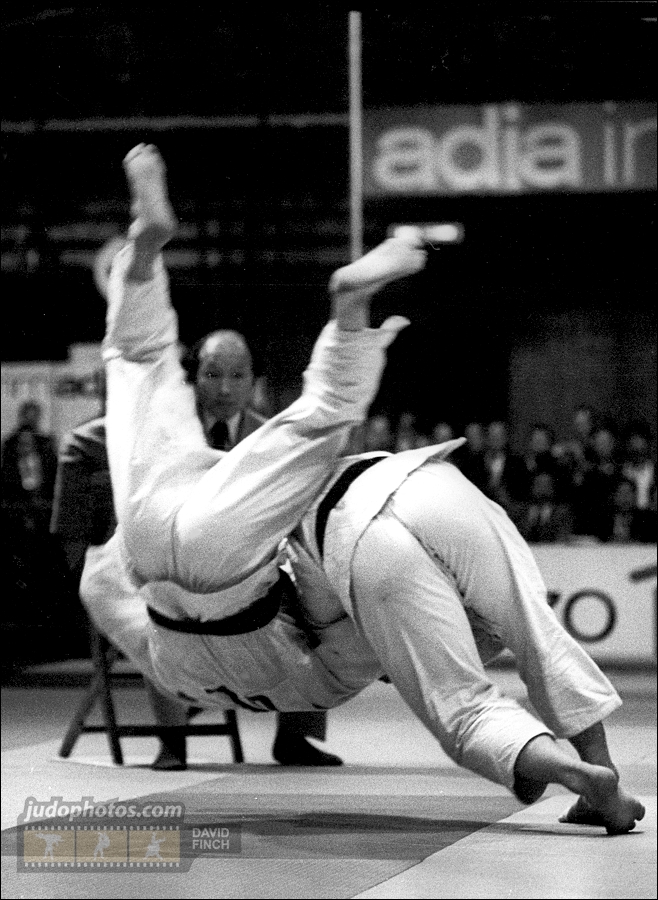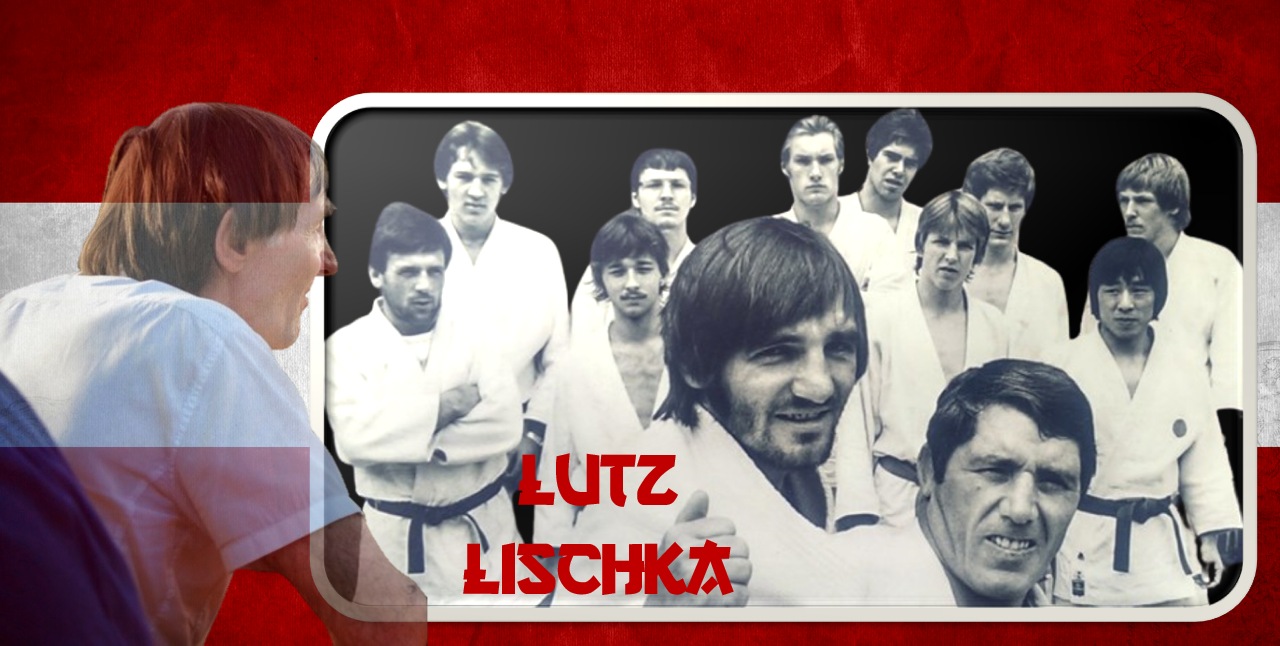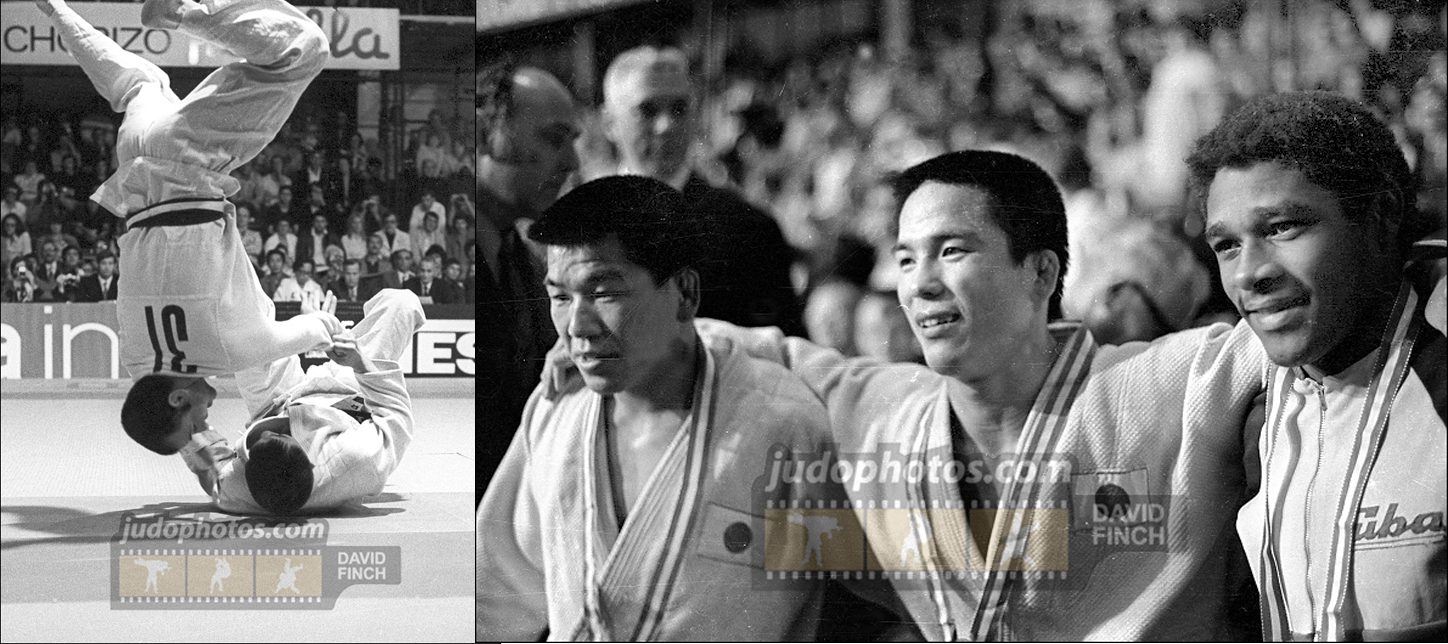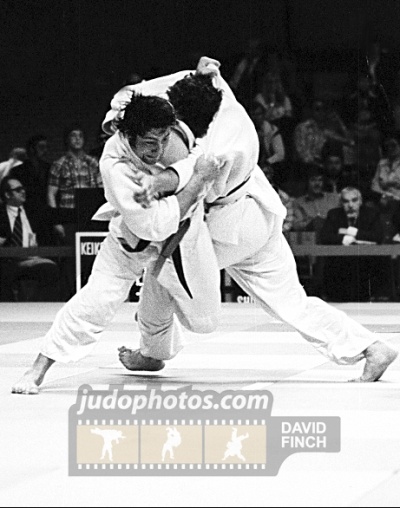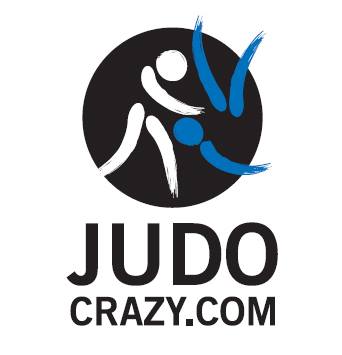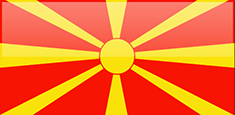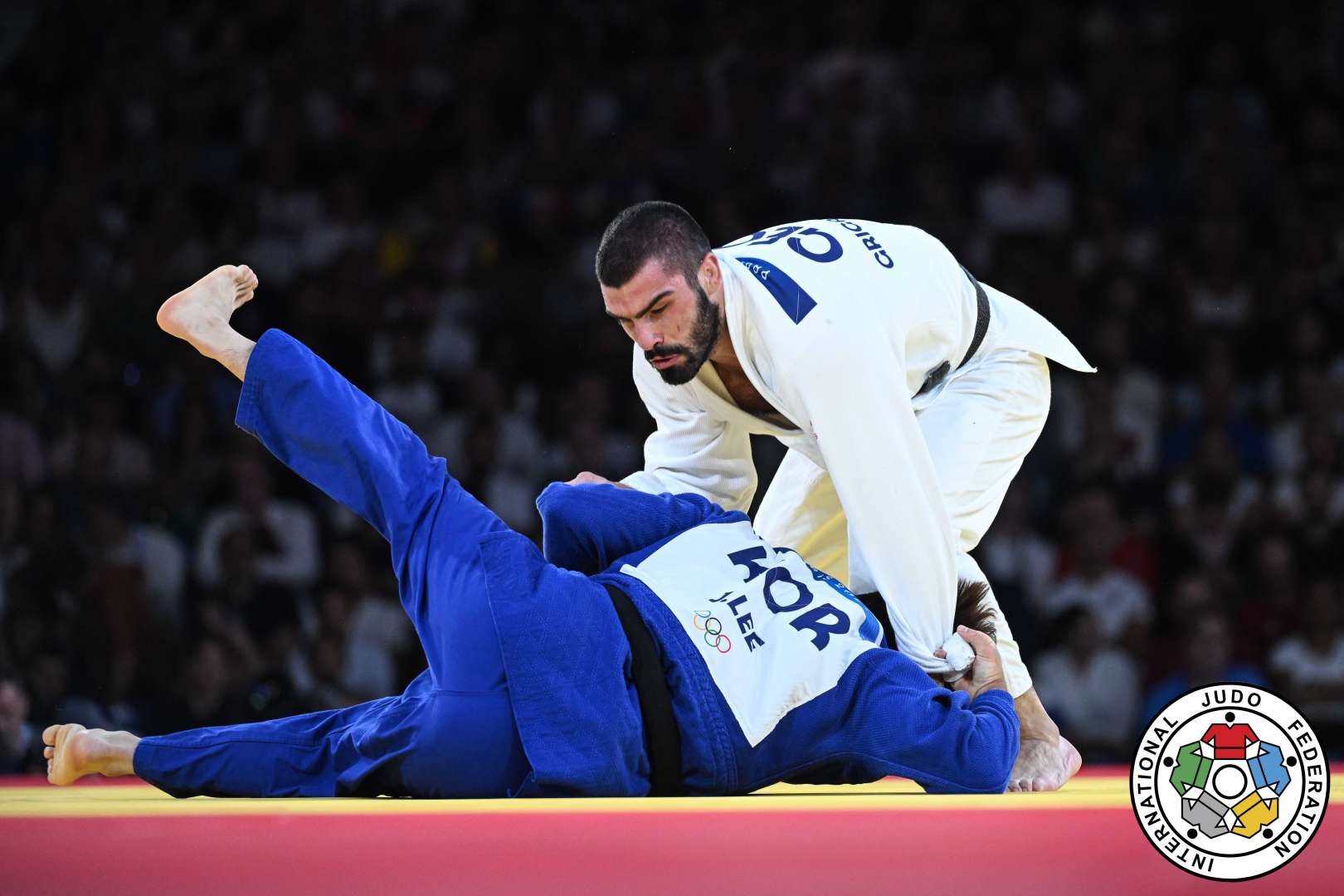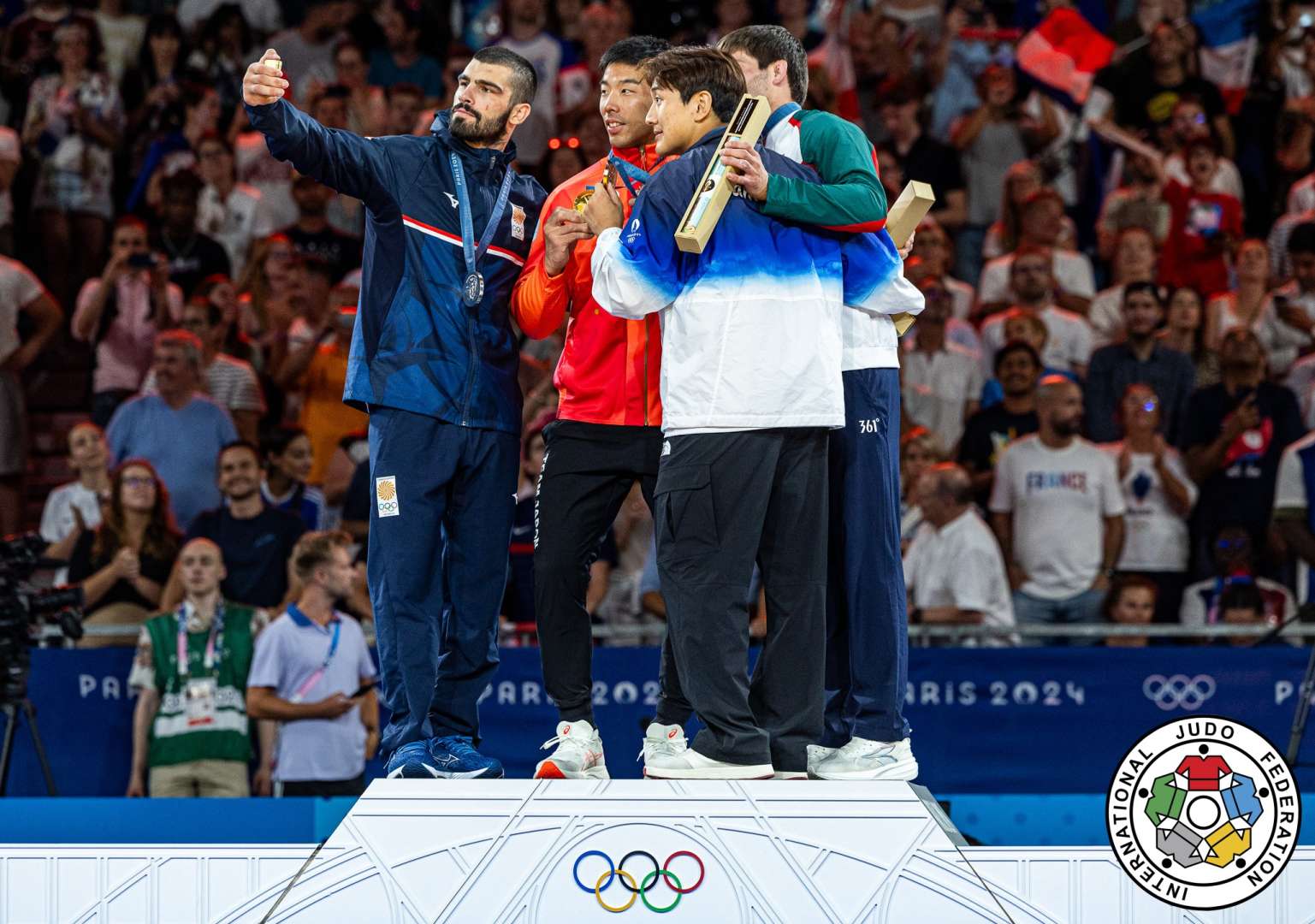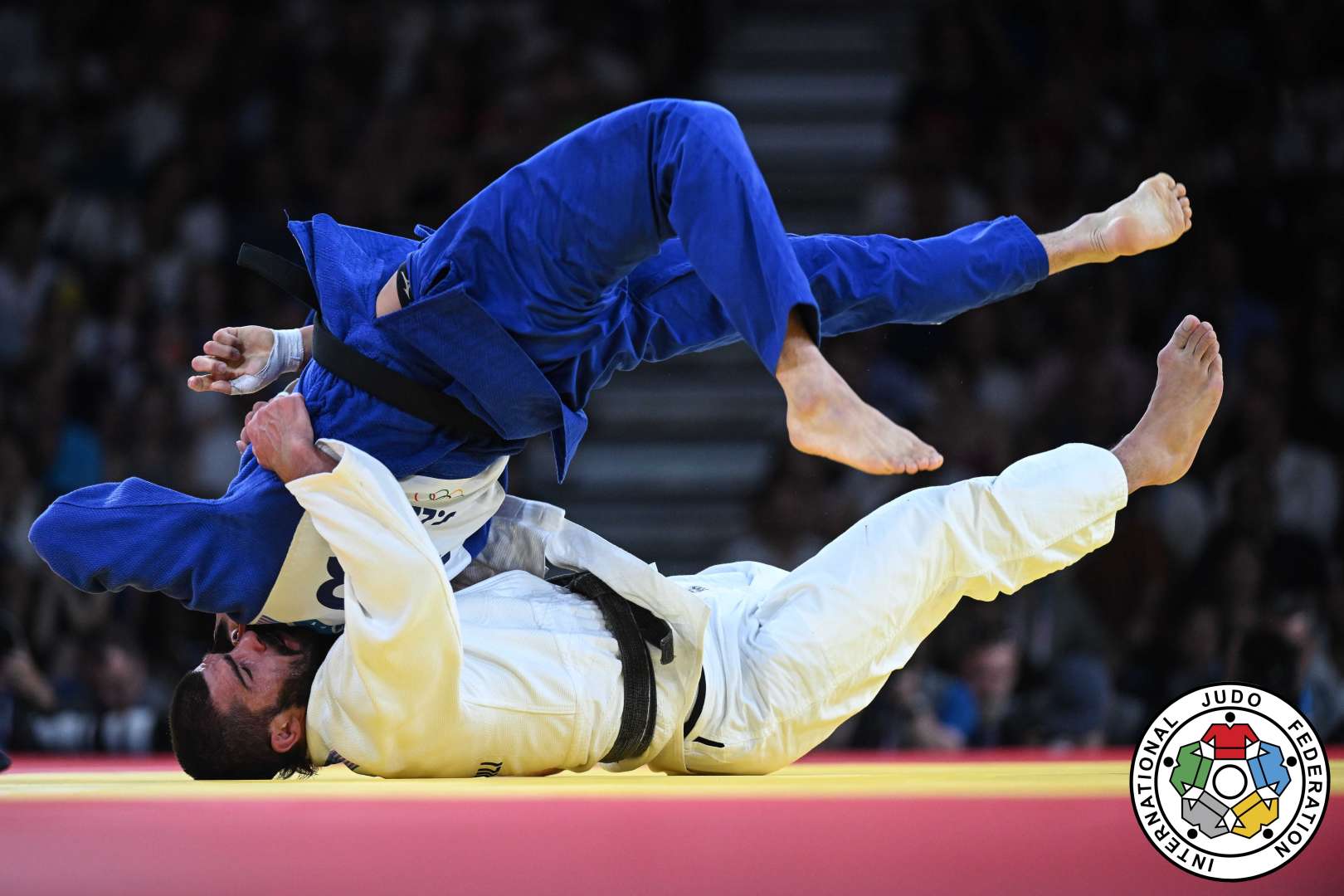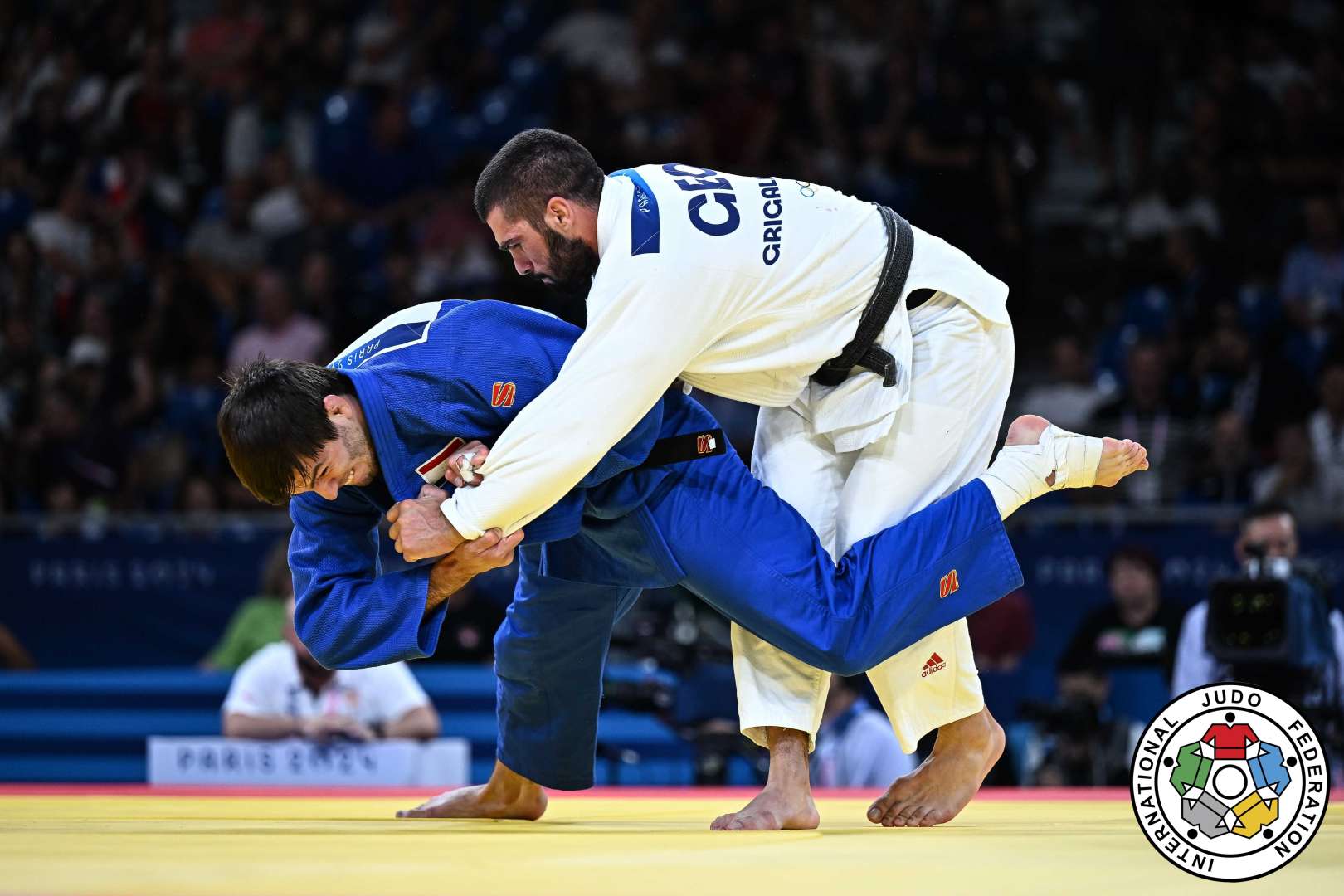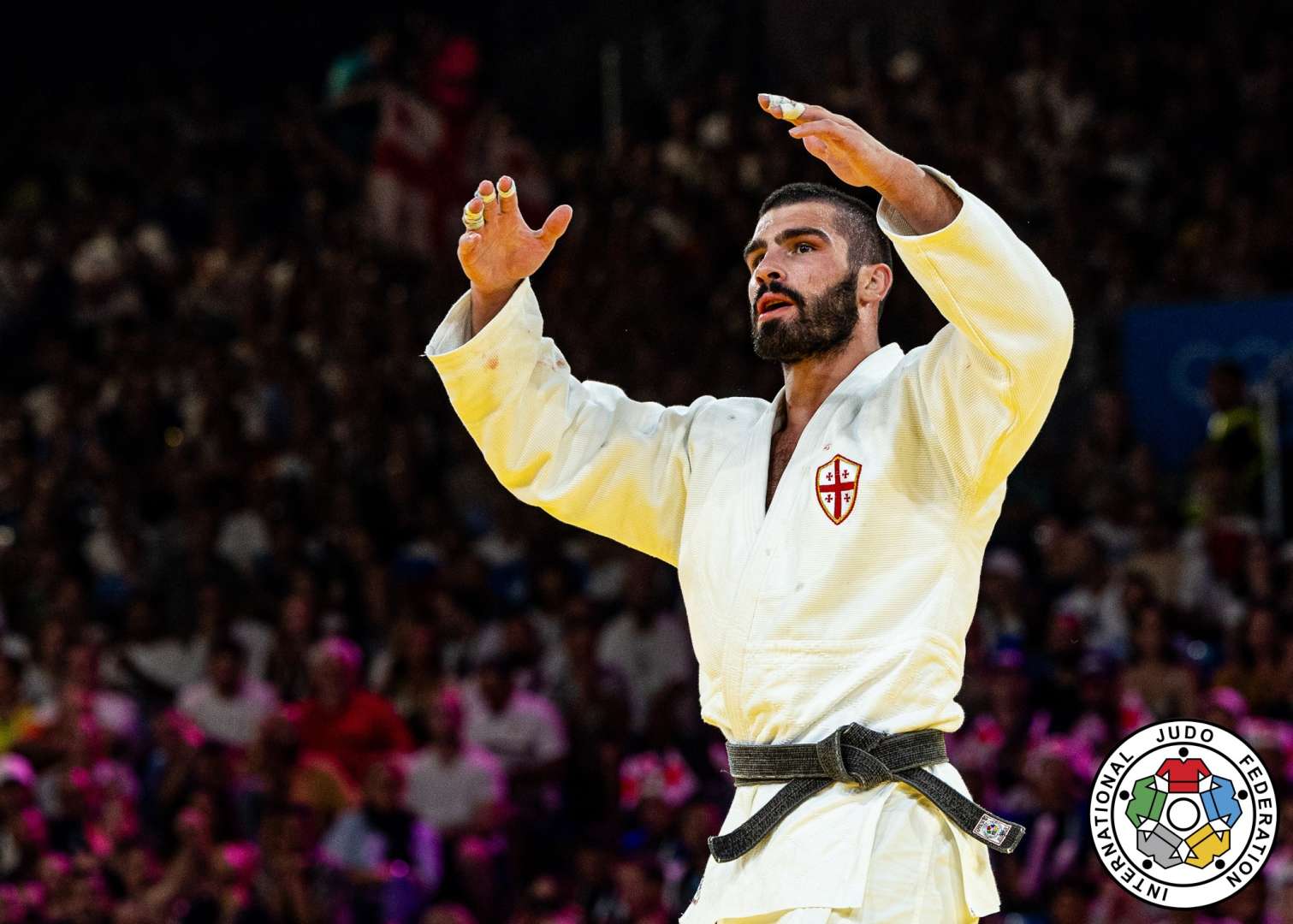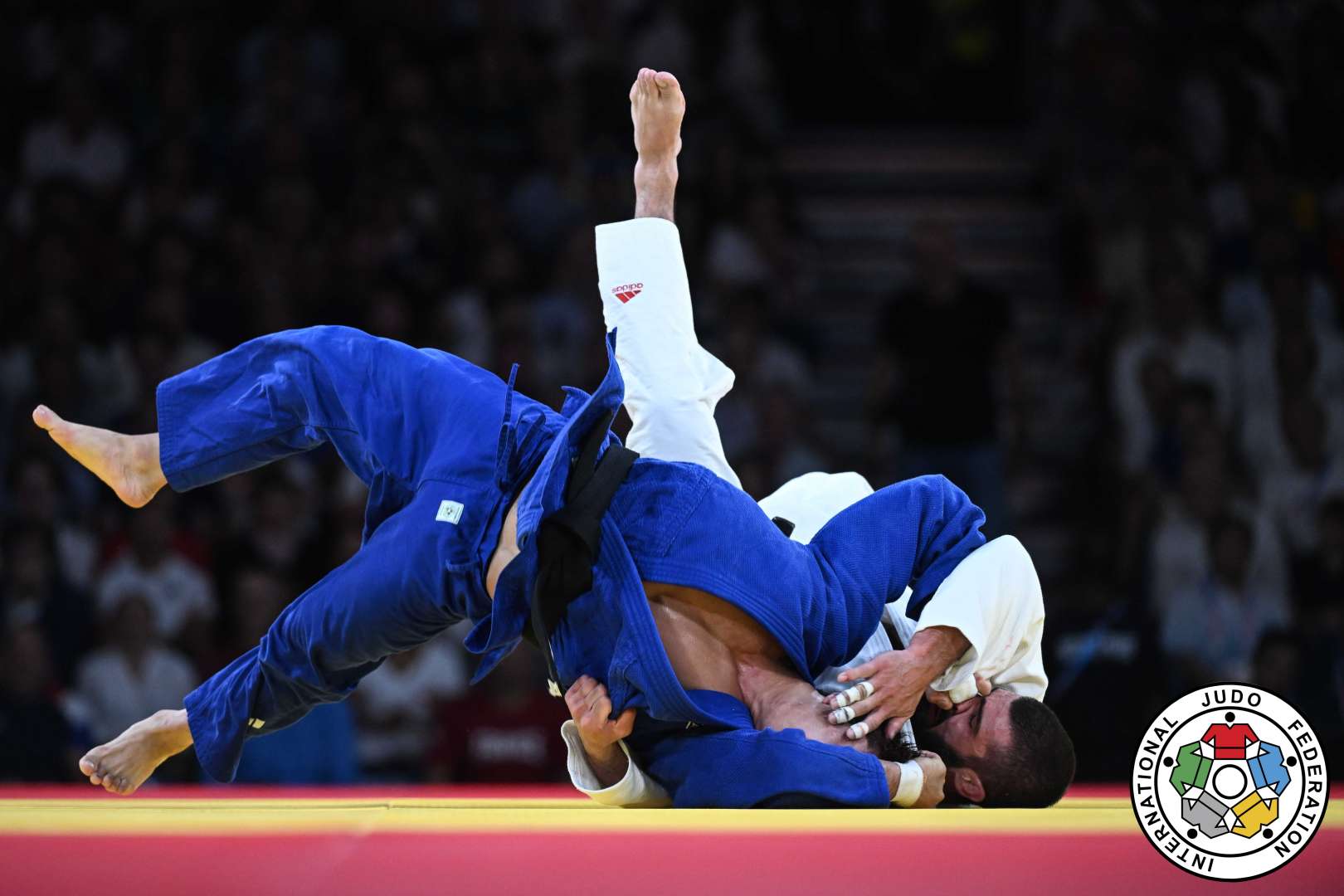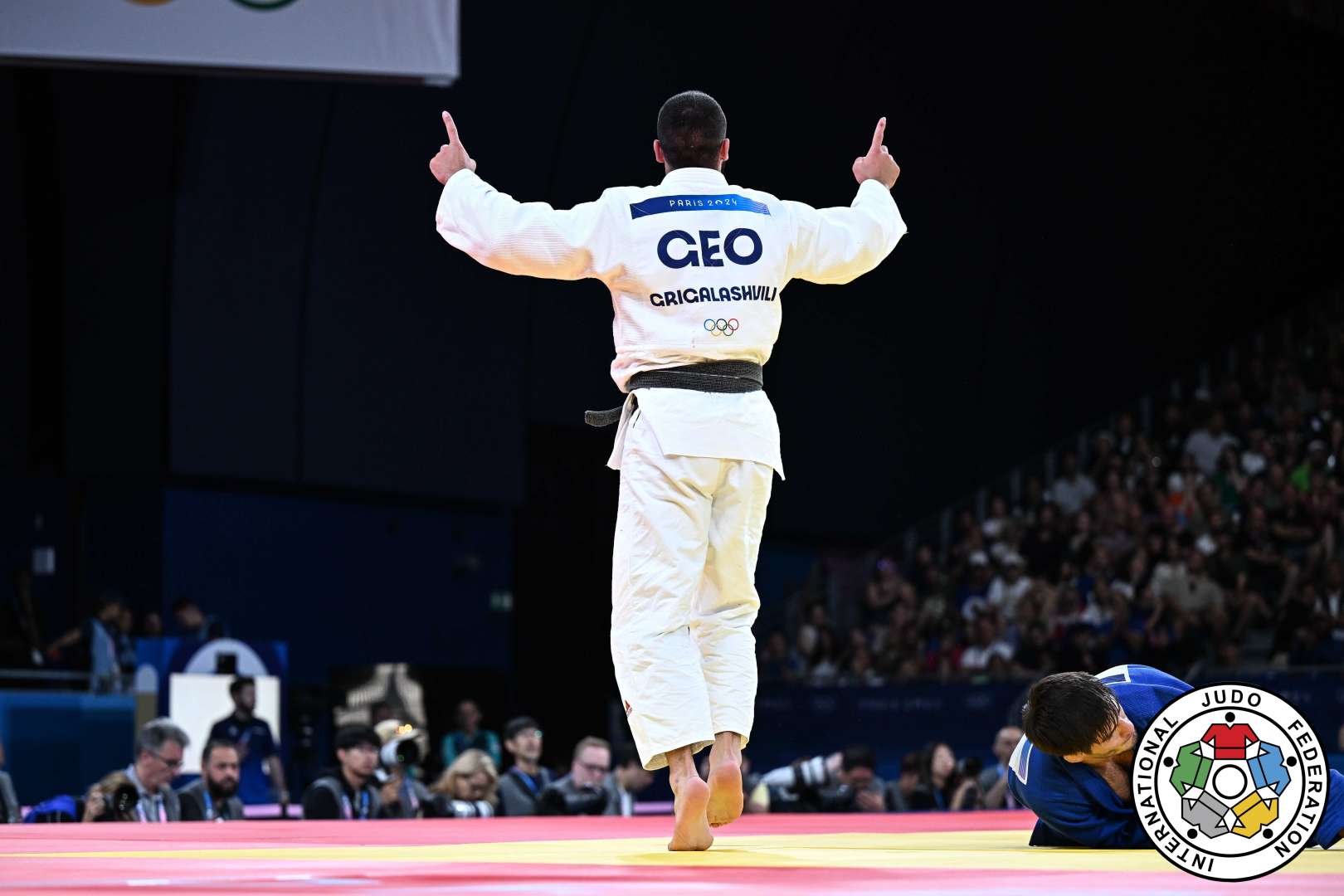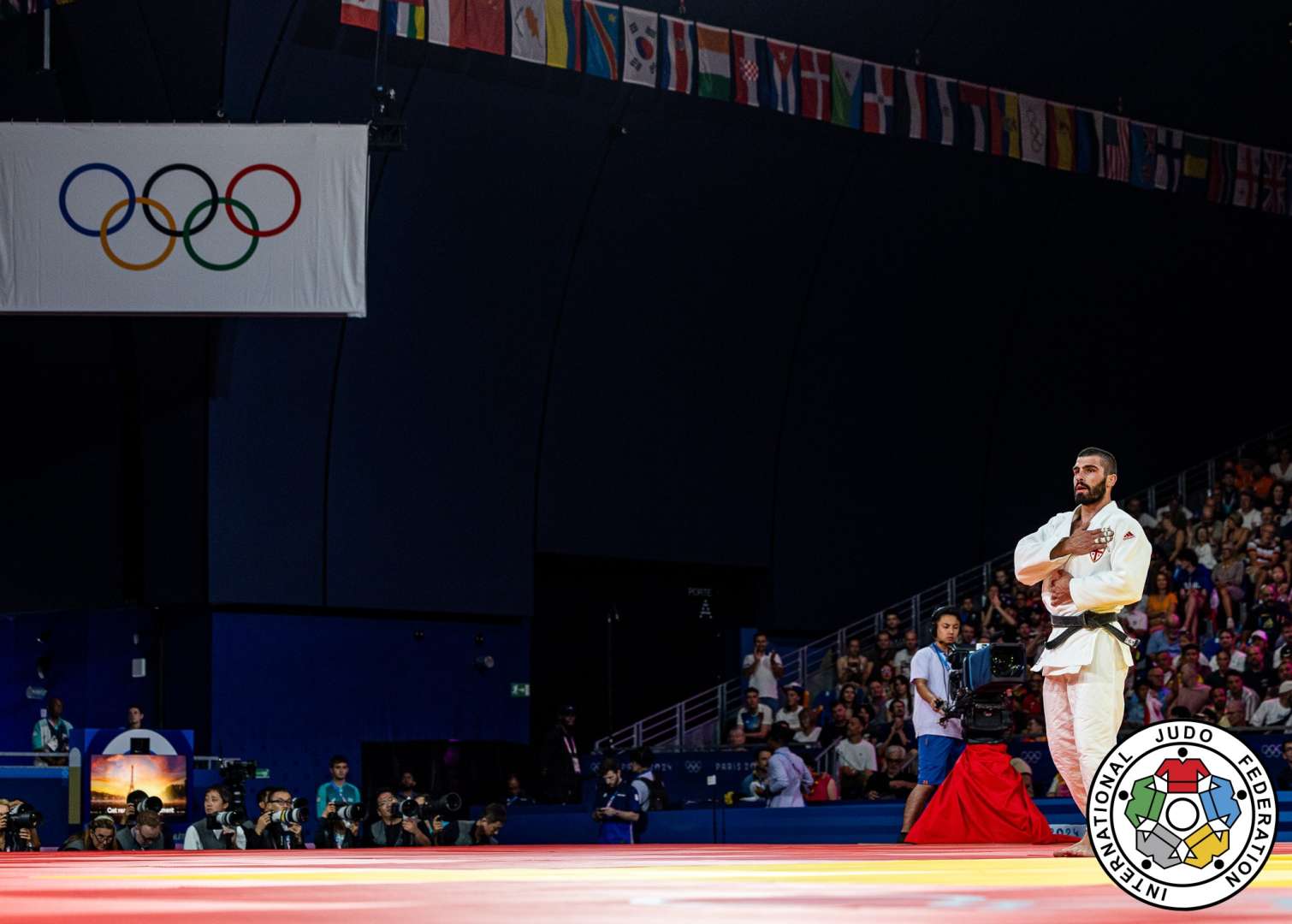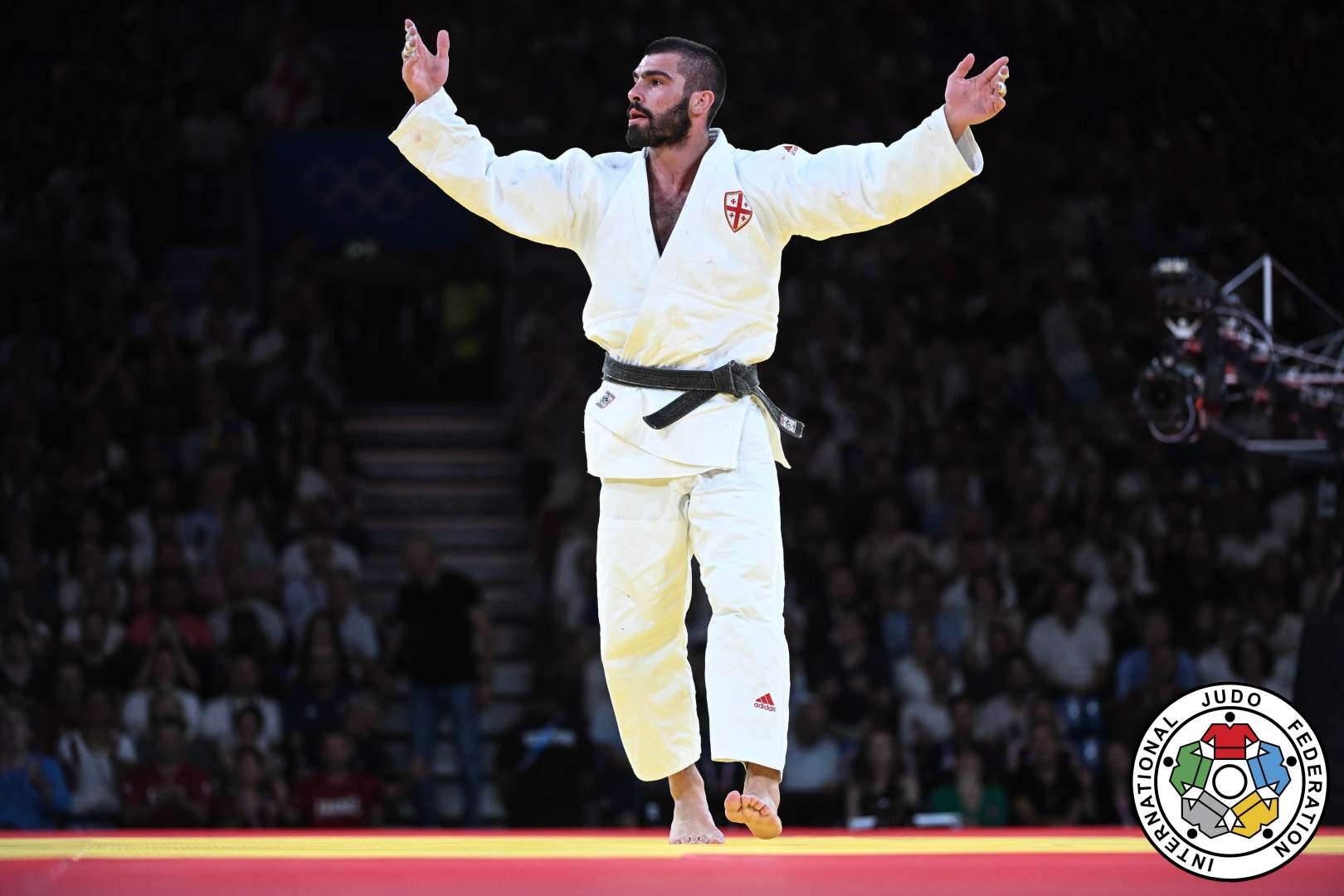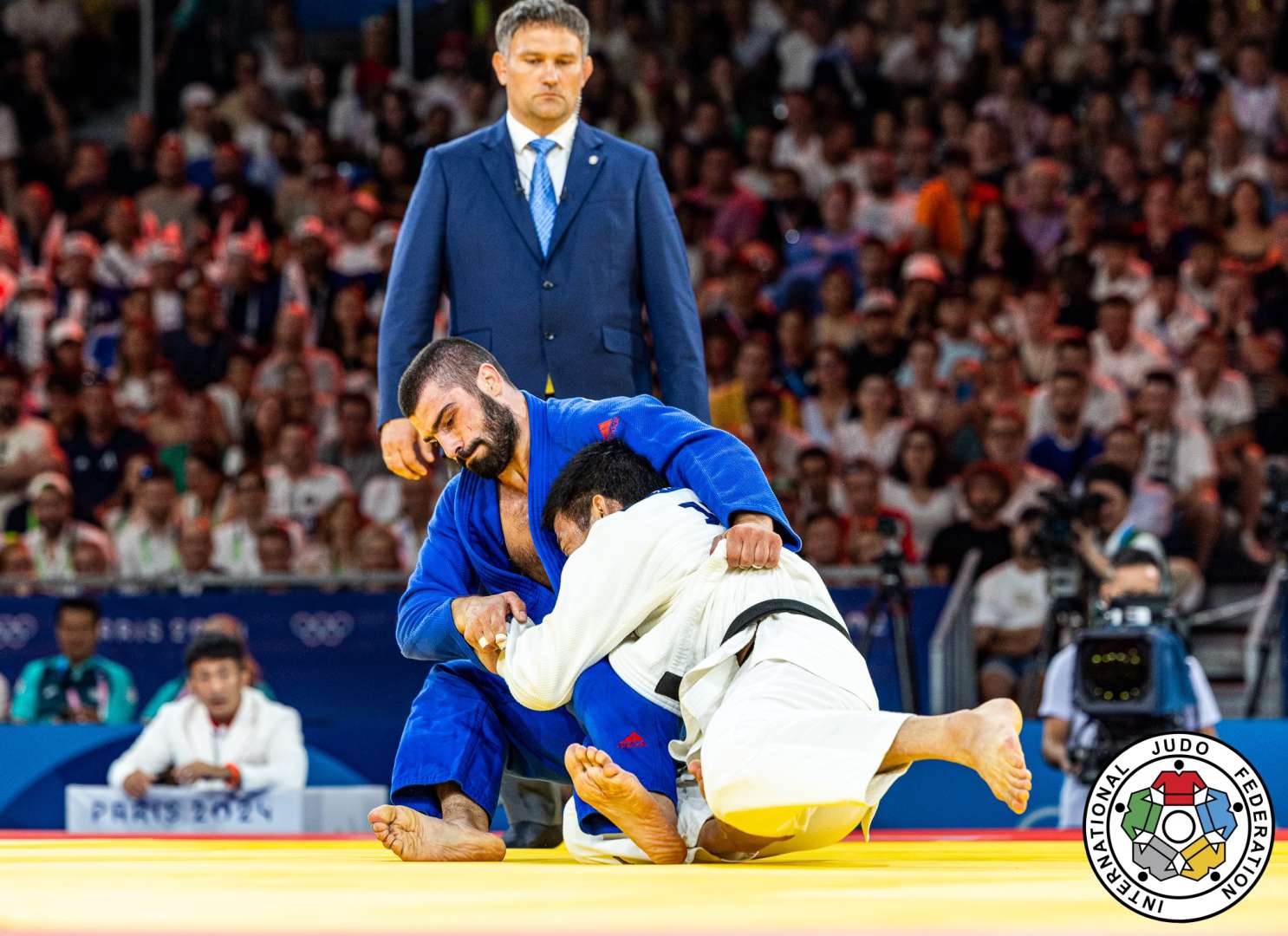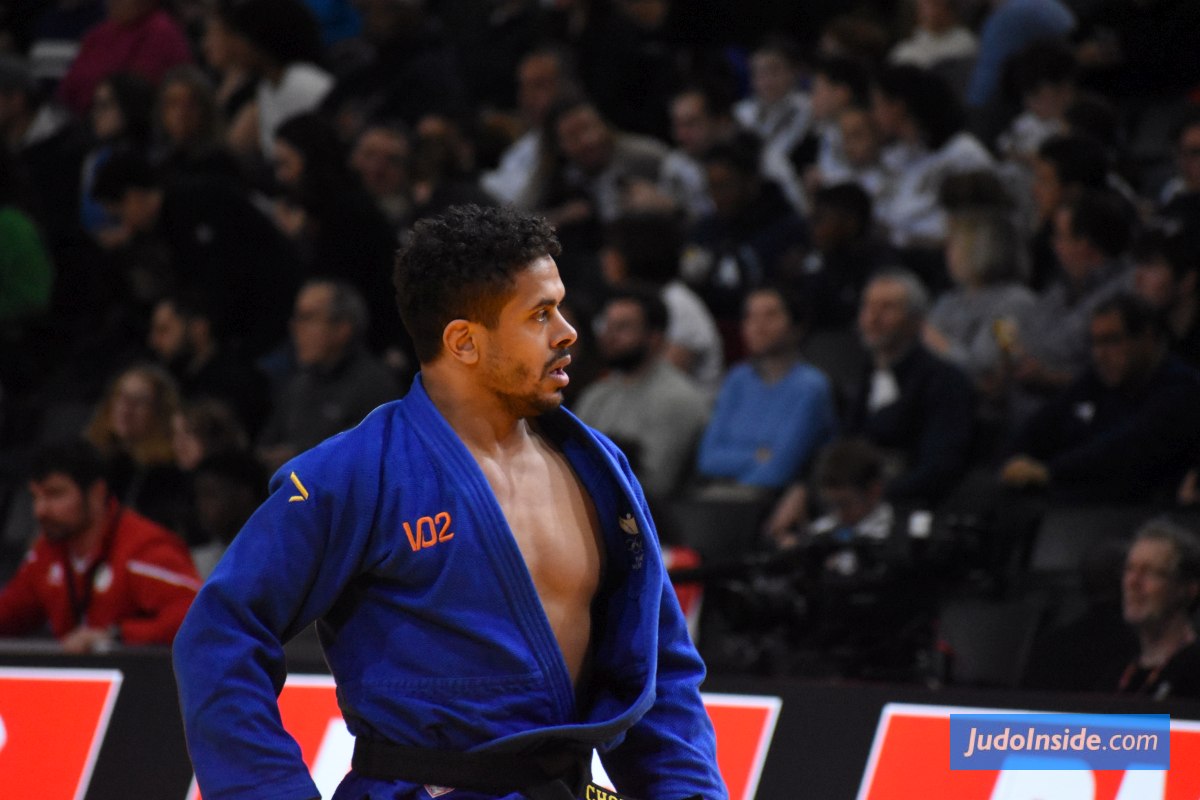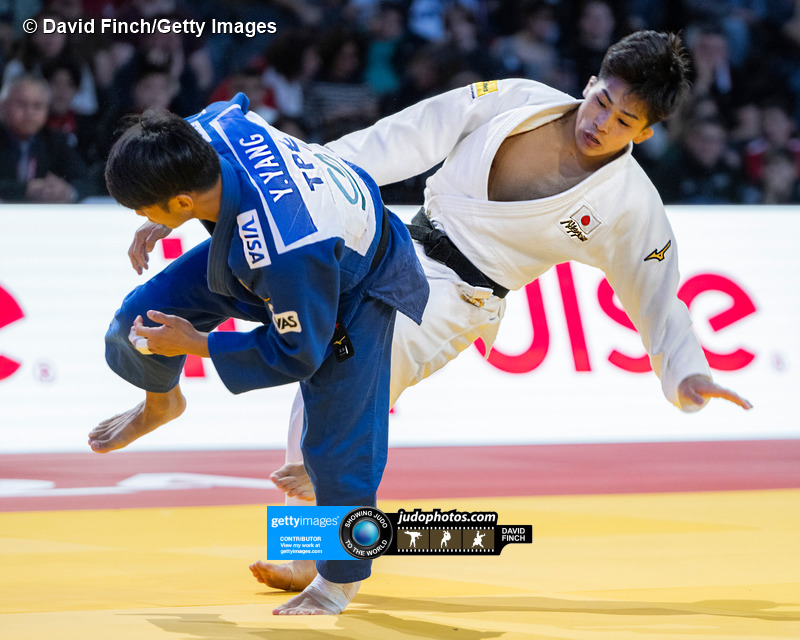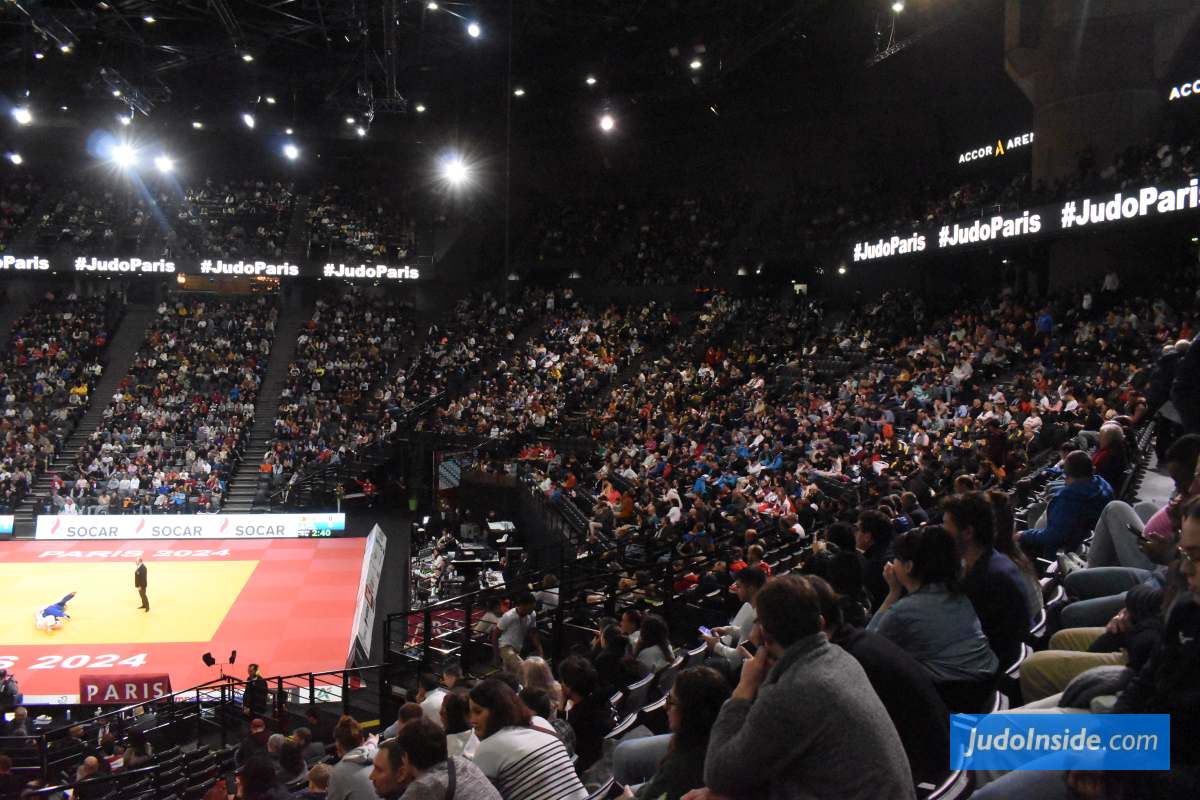Olympic Games 1972 review: Toyokazu Nomura starts family tradition
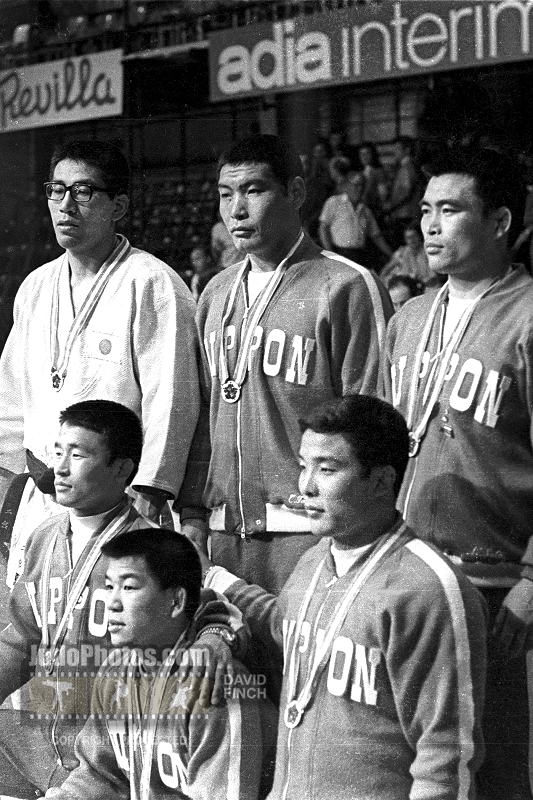
 30 Apr 2023 12:05
30 Apr 2023 12:05
 by JudoCrazy and JudoInside
by JudoCrazy and JudoInside
 David Finch / Judophotos.com
David Finch / Judophotos.com
Japan was spoiled for choice when it came to the lightweight categories, and so it was with the -70kg division. At the 1969 World Championships, both the gold and silver medalist were Japanese: Hiroshi Minatoya and Yoshimitsu Kono, respectively. At the 1971 World’s, again both the gold and silver medalists were Japanese: Hideki Tsuzawa and Minatoya, respectively.
The Japanese were also dominant in the -63kg division, winning both gold and silver in that weight class for the 1969 and 1971 World’s. In both cases, the silver medal had gone to Toyokazu Nomura (the uncle of future triple Olympic Champion Tadahiro Nomura).
By 1972 though, Nomura had grown tired of weight cutting and decided to try his luck in a higher weight class, -70kg. That proved to be the right decision. He won the 1972 All-Japan Weight Class Championships and in doing so, secured his place in the Munich Olympic team.
Like his famous nephew, Nomura was a seoi-nage specialist. He would throw with morote-seoi-nage to the right and ippon-seoi-nage to the left. It was a lethal pair of attacks. It is said that to perfect his seoi-nage, Nomura did 1000 uchikomis every night using a bicycle tube (no uke would tolerate that many reps with him).
Nomura depended almost solely on seoi-nage, but that right-and-left double threat was enough for him to overcome all opposition. He whizzed past his first two opponents, from Taiwan and Hungary, like it was child’s play. He had to work a bit harder against Antoni Zajkowski of Poland, a World bronze medalist, but he eventually threw the Pole with the inevitable seoi-nage not once but twice, to top his pool.
For his semifinal, Nomura faced the Soviet Union’s Anatoly Novikov, the silver medalist at the 1972 European Championships. Predictably, Nomura threw him with seoi-nage, twice for waza-ari-awasete-ippon. The repechage system used at that time allowed Zajkowski to claw his way to the final, so the fight for the gold would be a rematch between Nomura and Zajkowski.
Nomura walked confidently onto the mat, took hold of his Polish opponent, moved a few steps and dropped under him with a lightning-quick drop ippon-seoi-nage for ippon. It was all over in 27 seconds, leaving the stunned Japanese TV commentator uttering: “It happened so soon, it happened so soon.” And with that, the Japanese got their second judo gold medal of the Games.
Support JudoCrazy
JudoInside's JudoCrazy partner, Oon Yeoh, is creating interesting content such as this series of articles about Olympic judo history. Support his efforts by subscribing to his Patreon or Substack.
 like
like
 share
share
.jpg)
| Result | City | Date |
|---|---|---|
| 2 | Paris | 2024 |
| 1 | Abu Dhabi | 2024 |
| 1 | Zagreb | 2024 |
| 3 | Belgrade | 2023 |
| 2 | Montpellier | 2023 |
